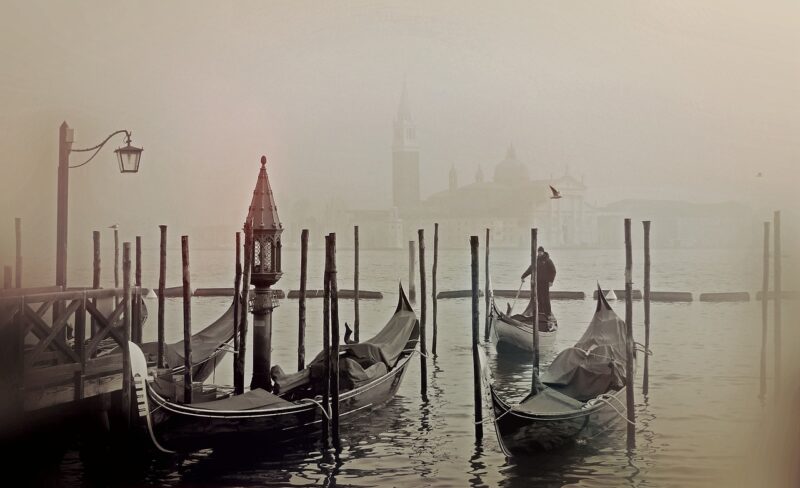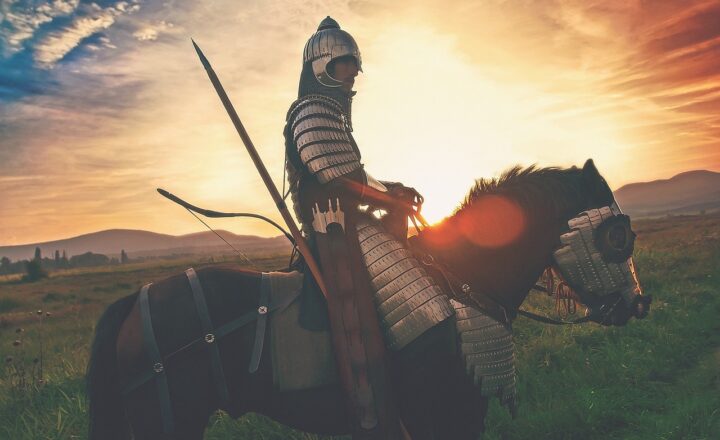How the World’s Most Unbelievable Coincidences Changed History and Altered the Course of Entire Nations
November 17, 2024

Throughout history, strange coincidences have occurred that defy logic and understanding. These moments, often dismissed as mere chance, have played pivotal roles in shaping our world, altering the courses of nations, and influencing significant events. This article will delve into some of the most unbelievable coincidences in history, examining their impact and the fascinating stories behind them.
1. The Assassination of Abraham Lincoln and John F. Kennedy
Perhaps one of the most discussed coincidences in American history is the strikingly similar circumstances surrounding the assassinations of Presidents Abraham Lincoln and John F. Kennedy.
– Both presidents were shot in the head on a Friday.
– Lincoln was assassinated in Ford’s Theatre, while Kennedy was shot in a Lincoln car, manufactured by Ford.
– Both were succeeded by vice presidents named Johnson: Andrew Johnson for Lincoln and Lyndon B. Johnson for Kennedy.
– Lincoln was shot by John Wilkes Booth, who was born in 1839, while Kennedy was assassinated by Lee Harvey Oswald, who was born in 1939.
This fascinating interplay of events has sparked numerous conspiracy theories and discussions about fate in American politics.
2. The Discovery of the Titanic and the Novel “Futility”
In an eerie twist of fate, the sinking of the Titanic was foreseen before it even set sail. In a novel titled “Futility” written by Morgan Robertson in 1898, he described a ship named the Titan that sank after hitting an iceberg in the North Atlantic. The details are hauntingly similar:
– Both ships were deemed “unsinkable.”
– Both ships struck an iceberg in April and had insufficient lifeboats for passengers.
This coincidence not only casts a long shadow over the Titanic disaster but also raises questions about prophetic literature and the human psyche’s ability to perceive future events.
3. The Lasting Impact of the 1914 Football Match
During World War I, on Christmas Day in 1914, an extraordinary event took place: the Christmas Truce. British and German soldiers laid down their arms and engaged in a friendly football match in no man’s land.
This coincidence of peace amidst war reinforced the idea that humanity could transcend conflict. The astonishing display of camaraderie during a time of great division significantly influenced views about warfare and the capacity for understanding and friendship amongst enemies, forever altering the narrative of World War I.
4. The Miraculous Escape of a German Soldier During World War II
In 1942 during the Second World War, a German soldier named Adolf Hofner was captured by the Russians. Astonishingly, on the same day of his capture, his twin brother, who was fighting on the opposite side for the Allies, was also taken prisoner.
Their respective armies were unaware of the other’s existence, but once they were released in 1945 as part of prisoner exchanges, the brothers met once again. This incredible twist of fate became a poignant reminder of the personal stories intertwined with the larger narratives of conflict. Their reunion highlighted the absurdity of war and the unseen coincidences that connect us all, regardless of side.
5. The Coincidence of Natural Disasters That Changed Cities
Cities such as San Francisco and New Orleans have experienced devastating natural disasters that led to significant changes in their infrastructures and populations. The 1906 San Francisco Earthquake resulted in widespread destruction and the city’s rebuilding allowed for modern architecture and urban planning techniques. Similarly, Hurricane Katrina in 2005 exposed vulnerabilities in New Orleans’ levee system, leading to reforms in flood management and infrastructure resilience.
These coincidences of natural disasters not only changed perspectives on urban planning but also prompted a national conversation about disaster preparedness and community resilience in the face of unpredictability.
6. The Birth of Famous Individuals on Notable Dates
It is intriguing how some prominent figures in history were born on significant dates. For instance:
– Mahatma Gandhi, a pivotal figure in India’s independence movement, was born on October 2, 1869, which is now celebrated as the International Day of Non-Violence.
– The 16th President of the United States, Abraham Lincoln, was born on February 12, 1809, the same day as Charles Darwin, who proposed the theory of evolution.
These striking coincidences bring an aura of significance to their contributions and have led to numerous discussions about destiny and historical impact.
Conclusion
From historical leaders to serendipitous events during times of war, coincidences have been integral to shaping our world in unimaginable ways. They serve as a reminder of the unpredictability of life and the threads that connect us through time. As we reflect on these unbelievable coincidences, we realize that history is not just a series of events, but a complex tapestry woven by seemingly trivial moments that changed the destinies of nations and individuals alike.
History teaches us that sometimes, even the most unlikely coincidences can lead to outcomes that redefine humanity, ensuring reminders that perhaps fate does play a role in our lives.
As we continue to explore the trends and tales of our past, let’s celebrate the mysteries and unexpected turns that shape our shared human journey.








